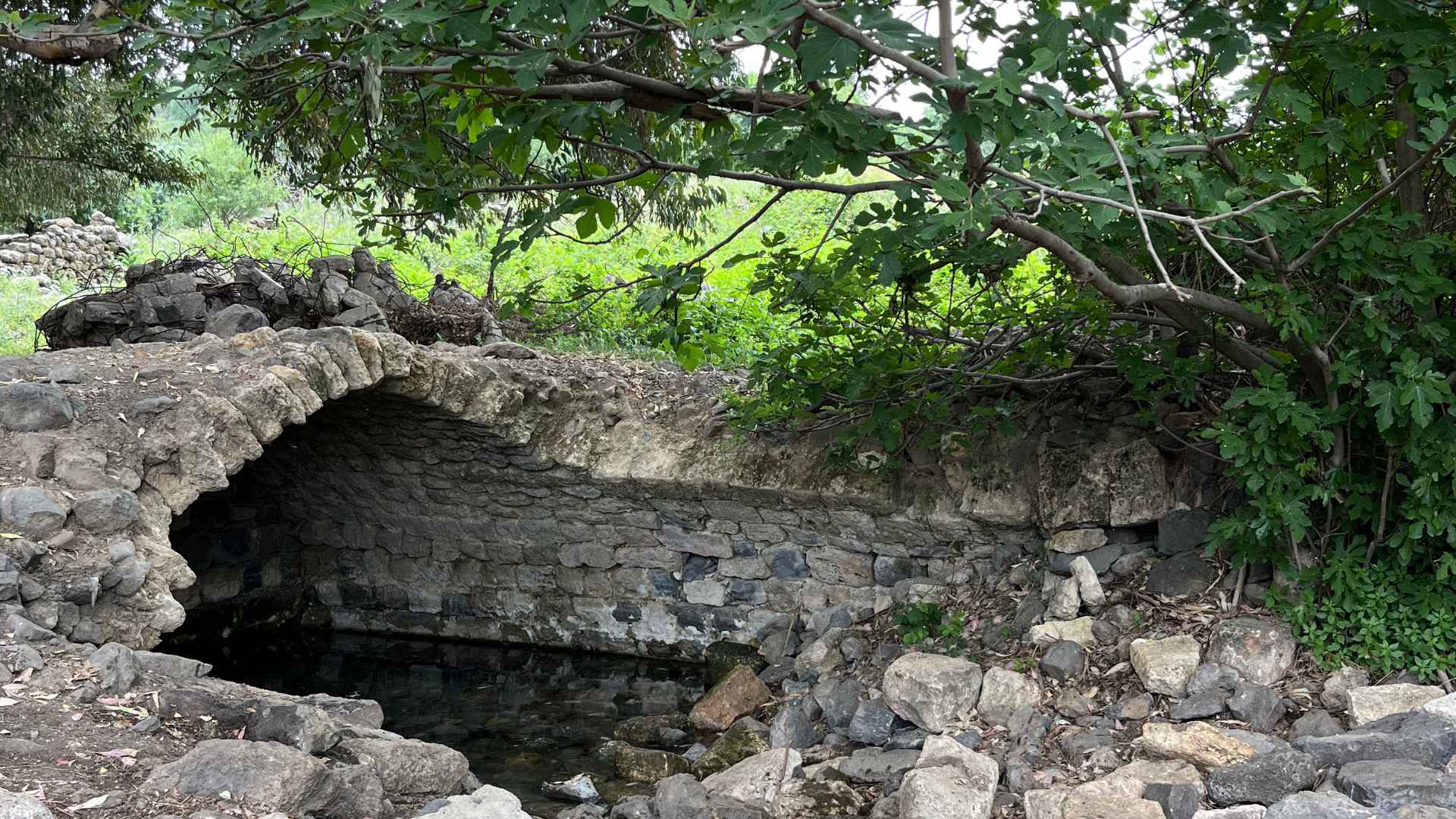Recent days have seen some highly unseasonal weather for Israel. While rain is ‘hotly’ anticipated, (the first rain of the season – normally around October/November – even has its own, special name, “yoreh”), should it happen much earlier than usual, Israel would not be ready.
After rain poured down in areas of Haifa on Monday, the following day saw a downpour in the coastal city of Netanya. As water gushed through the city towards the sea, streets flooded and even a few cars were dragged along by the water’s pull.
Netanya’s municipality explained that it had not yet reopened drainage canals that are closed over the summer. With insufficient drainage for the unseasonal rainwater, flooding and havoc ensued, as water forced its way out in various locations.
While it is too soon to know if the rain was due to the climate crsis (patterns would need to be tracked for a few years to know if it was a permanent shift), the lack of drainage highlights how unprepared Israel is for the climate crisis and its effects . Our climate resilience scientist, Bernadette Bouwer explains, “Israel’s rainfall patterns are expected to change in the coming years and the winter season, previously spread over several months, will instead see short, violent bouts of rain with much higher amounts of precipitation at once. Israel, and our drainage systems, is in no way prepared to deal with high amounts of precipitation, which will result in life-threatening flooding in city centers or flooding of the sewage systems and its discharge polluting the beaches.”
At the same time that Adam Teva V’Din works to advance a Climate Law for Israel, we are promoting adaptation and resilience policies to prepare Israel for what is to come. We must adapt to climate consequences to protect our communities. ” Adam Teva V’Din is working with the Water Authority to promote a model for incentives and financial compensation for local authorities to introduce runoff water into the groundwater with nature-based solutions.” stated Bouwer. She continued, “We are also promoting a paper of principles for an urban master plan for beneficial roofs to help mitigate the expected climate threats.”
The flooding in Netanya is an important warning that we are unprepared for the coming crisis. Why wait? We need to act now to ensure climate resilience.





